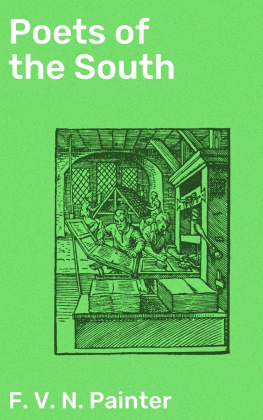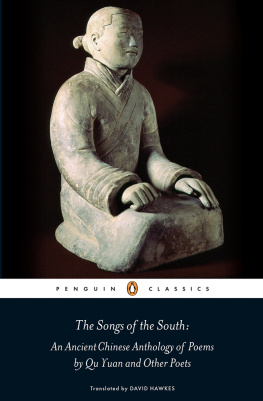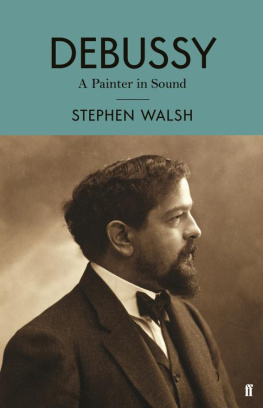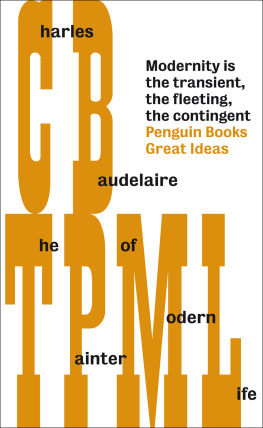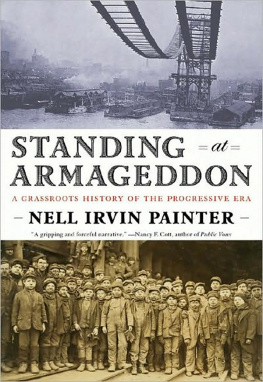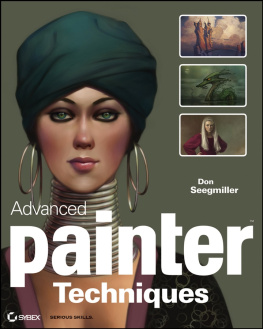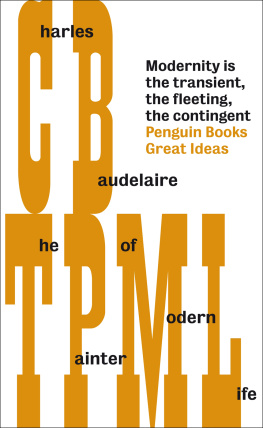PREFACE
Table of Contents
The poets of the South, who constitute a worthy galaxy of poetic talentand achievement, are not sufficiently known. Even in the South, whichmight naturally be expected to take pride in its gifted singers, most ofthem, it is to be feared, are but little read.
This has been called an age of prose. Under the sway of what are regardedas "practical interests," there is a drifting away from poetic sentimentand poetic truth. This tendency is to be regretted, for materialprosperity is never at its best without the grace and refinements of trueculture. At the present time, as in former ages, the gifted poet is aseer, who reveals to us what is highest and best in life.
There is at present a new interest in literature in the South. The peopleread more; and in recent years an encouraging number of Southern writershave achieved national distinction. With this literary renaissance, therehas been a turning back to older authors.
It is hoped that this little volume will supply a real need. It isintended to call fresh attention to the poetic achievement of the South.While minor poets are not forgotten, among whose writings is found many agem of poetry, it is the leaders of the chorusPoe, Hayne, Timrod,Lanier, and Ryanwho receive chief consideration. It may be doubtedwhether several of them have been given the place in American letters towhich their gifts and achievements justly entitle them. It is hoped thatthe following biographical and critical sketches of these men, eachhighly gifted in his own way, will lead to a more careful reading oftheir works, in which, be it said to their honor, there is no thought orsentiment unworthy of a refined and chivalrous nature.
F. V. N. PAINTER.
SALEM, VIRGINIA.
CHAPTER
I. MINOR POETS OF THE SOUTH
II. EDGAR ALLAN POE
III. PAUL HAMILTON HAYNE
IV. HENRY TIMROD
V. SIDNEY LANIER
VI. ABRAM J. RYAN
ILLUSTRATIVE SELECTIONS
NOTES
* * * * *
CHAPTER I
Table of Contents
MINOR POETS OF THE SOUTH
The first poetic writer of this country had his home at Jamestown. He wasGEORGE SANDYS who came to Virginia in 1621, and succeeded his brother astreasurer of the newly established colony. Amid the hardships of pioneercolonial life, in which he proved himself a leading spirit, he had theliterary zeal to complete his translation of Ovid's Metamorphoses,which he had begun in England. After the toilsome day, spent inintroducing iron works or in encouraging shipbuilding, he sat down atnight, within the shadow of surrounding forests, to construct hiscareful, rhymed pentameters. The conditions under which he wrote werevery far removed from the Golden Age which he described
"Which uncompelled
And without rule, in faith and truth, excelled."
The promise of this bright, heroic beginning in poetry was not realized;and scarcely another voice was heard in verse in the South before theRevolution. The type of civilization developed in the South prior to theCivil War, admirable as it was in many other particulars, was hardlyfavorable to literature. The energies of the most intelligent portion ofthe population were directed to agriculture or to politics; and many ofthe foremost statesmen of our countrymen like Washington, Jefferson,Marshall, Calhoun, Bentonwere from the Southern states. The system ofslavery, while building up baronial homes of wealth, culture, andboundless hospitality, checked manufacture, retarded the growth ofcities, and turned the tide of immigration westward. Without a vigorouspublic school system, a considerable part of the non-slaveholding classremained without literary taste or culture.
The South has been chiefly an agricultural region, and has adhered toconservative habits of thought. While various movements in theology,philosophy, and literature were stirring New England, the South pursuedthe even tenor of its way. Of all parts of our country, it has been mosttenacious of old customs and beliefs. Before the Civil War the cultivatedclasses of the Southern states found their intellectual nourishment inthe older English classics, and Pope, Addison, and Shakespeare formed apart of every gentleman's library. There were no great publishing housesto stimulate literary production; and to this day Southern writers aredependent chiefly on Northern publishers to give their works to thepublic. Literature was hardly taken seriously; it was rather regarded, touse the words of Paul Hamilton Hayne, "as the choice recreation ofgentlemen, as something fair and good, to be courted in a dainty, amateurfashion, and illustrated by apropos quotations from Lucretius, Virgil,or Horace." Thus it happened that before the Civil War literaturein the South, whether prose or poetry, had a less vigorous developmentthan in the Middle States and New England.
Yet it has been common to undervalue the literary work of the South.While literature was not generally encouraged there before the CivilWara fact lamented by gifted, representative writersthere were atleast two literary centers that exerted a notable influence. The firstwas Richmond, the home of Poe during his earlier years, and of theSouthern Literary Messenger, in its day the most influential magazinesouth of the Potomac. It was founded, as set forth in its first issue,in 1834, to encourage literature in Virginia and the other statesof the South; and during its career of twenty-eight years it stimulatedliterary activity in a remarkable degree. Among its contributors we findPoe, Simms, Hayne, Timrod, John Esten Cooke, John R. Thompson, andothersa galaxy of the best-known names in Southern literature.
The other principal literary center of the South was Charleston."Legar's wit and scholarship," to adopt the words of Mrs. Margaret J.Preston, "brightened its social circle; Calhoun's deep shadow loomed overit from his plantation at Fort Hill; Gilmore Simms's genial culturebroadened its sympathies. The latter was the Maecenas to a band ofbrilliant youths who used to meet for literary suppers at his beautifulhome." Among these brilliant youths were Paul Hamilton Hayne and HenryTimrod, two of the best poets the South has produced. The SouthernLiterary Gazette, founded by Simms, and Russell's Magazine, editedby Hayne, were published at Charleston. Louisville and New Orleanswere likewise literary centers of more or less influence.
Yet it is a notable fact that none of these literary centers gave rise toa distinctive group or school of writers. The influence of these centersdid not consist in one great dominating principle, but in a generalstimulus to literary effort. In this respect it may be fairly claimedthat the South was more cosmopolitan than the North. In New England,theology and transcendentalism in turn dominated literature; and not afew of the group of writers who contributed to the Atlantic Monthly wereprofoundly influenced by the anti-slavery agitation. They struggled upParnassus, to use the words of Lowell
"With a whole bale of isms tied together with rime."
But the leading writers of the South, as will be seen later, have beenexempt, in large measure, from the narrowing influence of one-sidedtheological or philosophical tenets. They have not aspired to the rle ofsocial reformers; and in their loyalty to art, they have abstained fromfanatical energy and extravagance.


